After spending an average of thirty years paying off a mortgage, many people look forward to passing their home to their children after their lifetime. With people living longer and no one knowing when or how they will go, unforeseen health and long-term care expenses may make keeping the family home “in the family” more difficult than it seems.
Huge amounts are sometimes spent during the last stage of a person’s lifetime, which can last for many years. It is impossible to predict the level of care that will be required between now and the eventual death of an elderly person who is not terminally ill. The cost of nursing home care in Hawaii can run from $10,000 to $15,000 per month.
Health and long-term care insurance products can help provide some degree of peace of mind, but they are not a panacea. Some people are under the mistaken belief that Medicare covers to the cost of long-term nursing home care. It does not. Medicare provides health insurance for Americans aged 65 and older who have worked and paid into the system and also provides health insurance to younger people with disabilities.
On the other hand, Medicaid is a health care program for families and individuals with low income and limited resources. Unlike Medicare, Medicaid does cover the cost of long-term nursing home care, but Medicaid is means tested: A senior must meet both an income test that is related to the applicable federal poverty level, and an asset test. To qualify in Hawaii for Medicaid, a senior may not own more than approximately $2,000.00 in “countable” assets.
Fortunately for the reader who asked this month’s question, an applicant’s home is not a countable asset. It is possible for a homeowner to qualify for Medicaid, even if the home is quite valuable. There are limits, however, and a catch.
In 2016 home equity is limited to $828,000.00, and the property must be the person’s primary residence at the time of submitting the Medicaid application. The catch is that the Medicaid office will keep track of any long-term care expenses paid on behalf of such an applicant, and then place a lien in that amount on the home. Think of this as a mortgage that must be paid off after the Medicaid recipient dies.
The basic philosophy of the Medicaid program is, “if you can afford to pay for your own long term healthcare, you should.”
Medicaid is administered in Hawaii by the Med-QUEST Division of the Department of Human Services. The rules are notoriously detailed, but straightforward answers to common questions can be found at http://mybenefits.hawaii.gov/medicaid-faqs.
Occasionally one hears about so-called “Medicaid planning”, which often boils down to an aging person giving the bulk of her wealth to their adult children long before applying for Medicaid. The concept relies on the rule that gifts made more than five years of applying are not countable in determining the applicant’s eligibility.
Sometimes such gifts are encouraged by adult children who want to eliminate the possibility of “their inheritance” someday being spent on long-term nursing home care for their parent. In such cases, the job of the parent’s lawyer includes explaining the many inherent risks, and making sure that the parent is not being unduly influenced by others.
As always, I must add that this post does not contain legal advice, and that you should not rely on any of the above information to determine what is in your own best interest.
NEXT QUESTION (OUT 5/6):
How can I ensure that my pet is properly cared for after I die?

